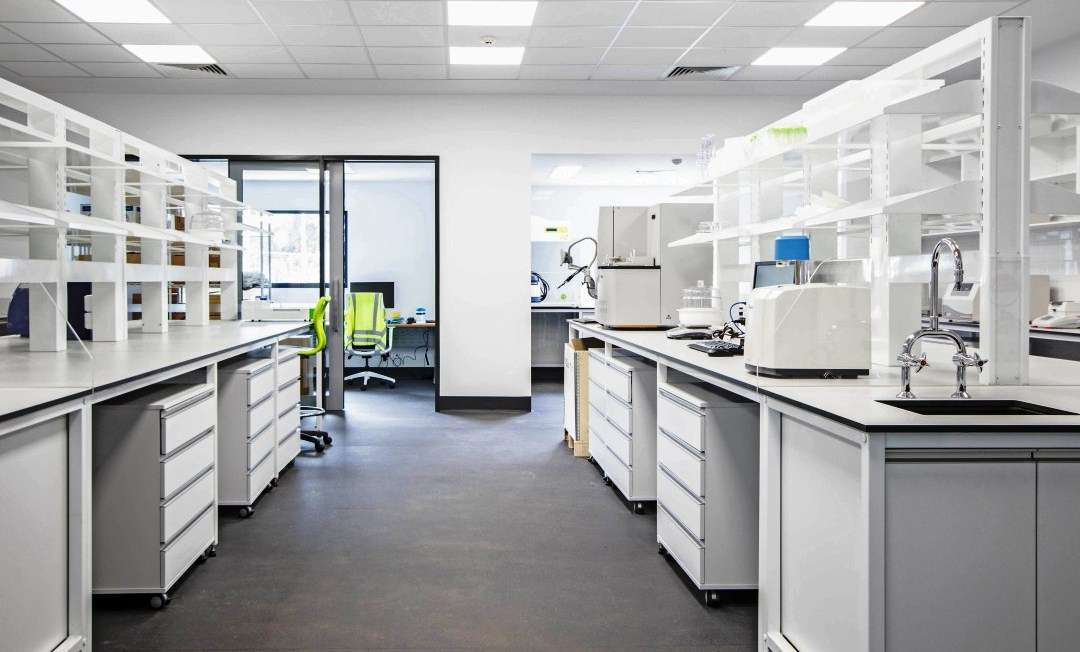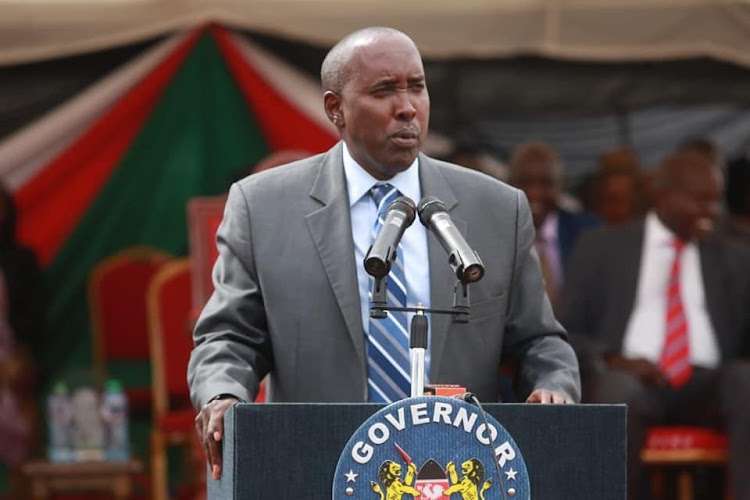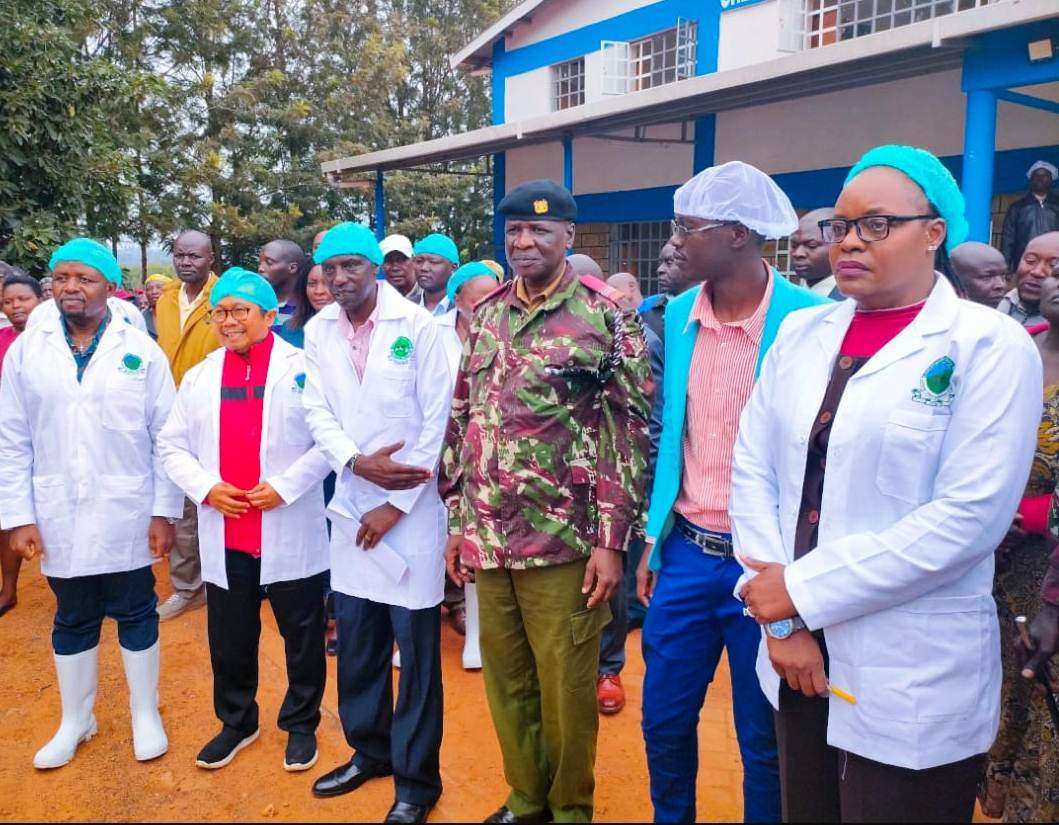Christine Musyimi said that 2,400 persons aged 60 and above from the county of Makueni will be screened for dementia to provide a national estimate of its burden
A Kenyan medical researcher at Africa Mental Health Research and Training Foundation (AMHRTF) has rolled out the institution’s first-ever comprehensive study to map out the prevalence of Alzheimer’s disease and dementia.
Christine Musyimi said that 2,400 persons aged 60 and above from the county of Makueni will be screened for dementia to provide a national estimate of its burden. “Up to date we have never had official concrete country statistics on Alzheimer’s, Dementia, this considerable sample size will provide us with figures in which we can deduce a national estimate.

The screening will be done by trained community health volunteers,” Musyimi said. She spoke during the commemoration of World Alzheimer’s Day held in Nairobi last Wednesday, during which the World Alzheimer’s report 2022 by Alzheimer’s disease International (ADI) was launched.
AMHRTF, a non-governmental organization, is undertaking the project with financial support from Davos Alzheimer’s Collaborative (DAC). This year’s theme ‘Know Alzheimer’s Know Dementia’ emphasizes post-diagnosis support for people with dementia and their caregivers. “A diagnosis is important however, it is crucial to have effective post-diagnostic support such as proper medication for the patients and a good psychosocial support system for the caregiver who is at a risk of burn-out,” said Musyimi.
According to the World Health Organization (WHO), dementia is a syndrome in which there is deterioration in cognitive function beyond what might be expected from the usual consequence of a normal biological ageing process. Alzheimer’s is the most common type of dementia globally. The condition has no known cure and patients affected are prescribed medication to slow down progression or manage symptoms. “There is more awareness right now but the country needs to reduce or zero rates the inputs used in the care of patients with Alzheimer’s such as adult diapers or give tax rebates for caregivers who often abandon their economic activities,” said Viola Oketch, a Nairobi-based consultant psychiatrist and counselor.





